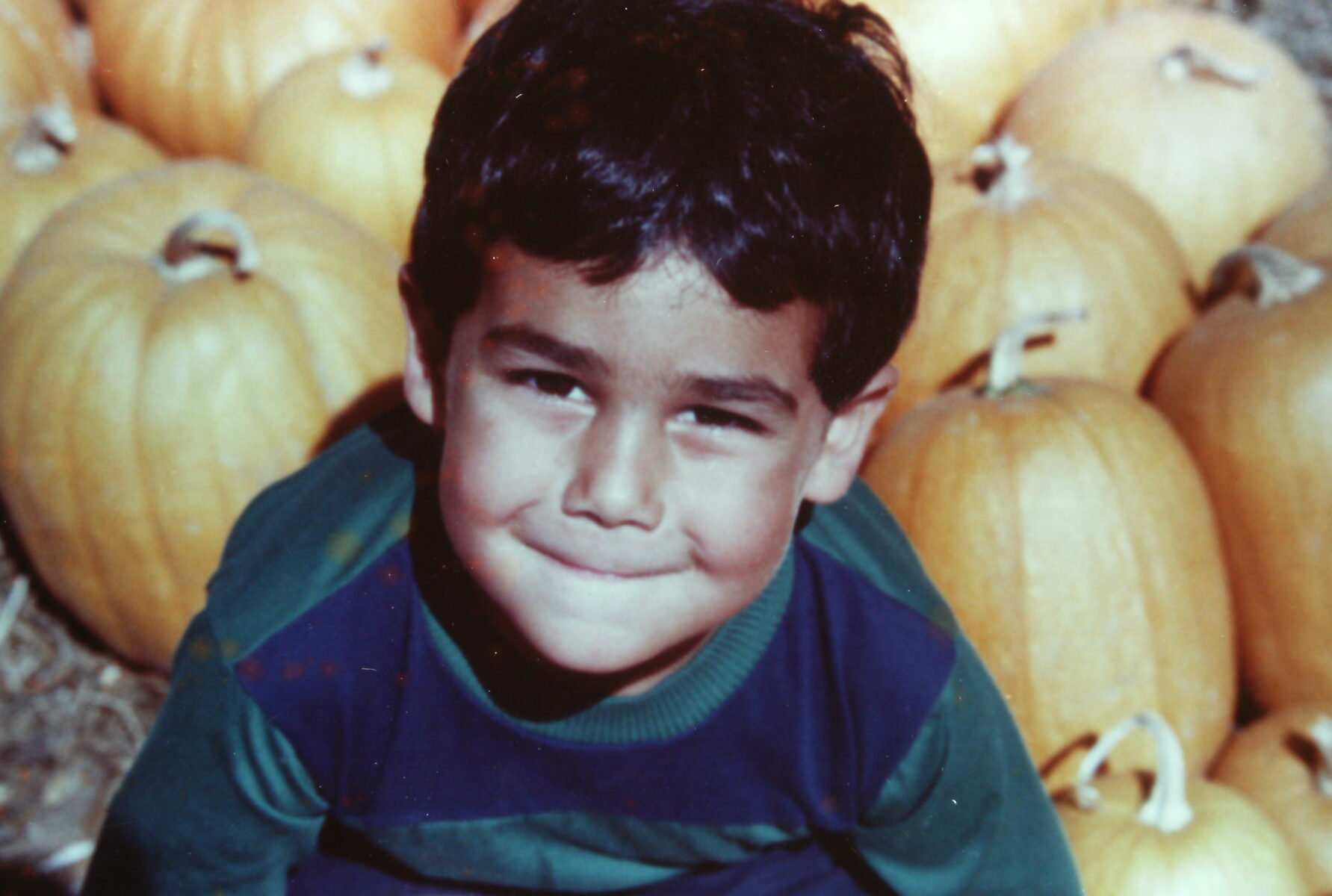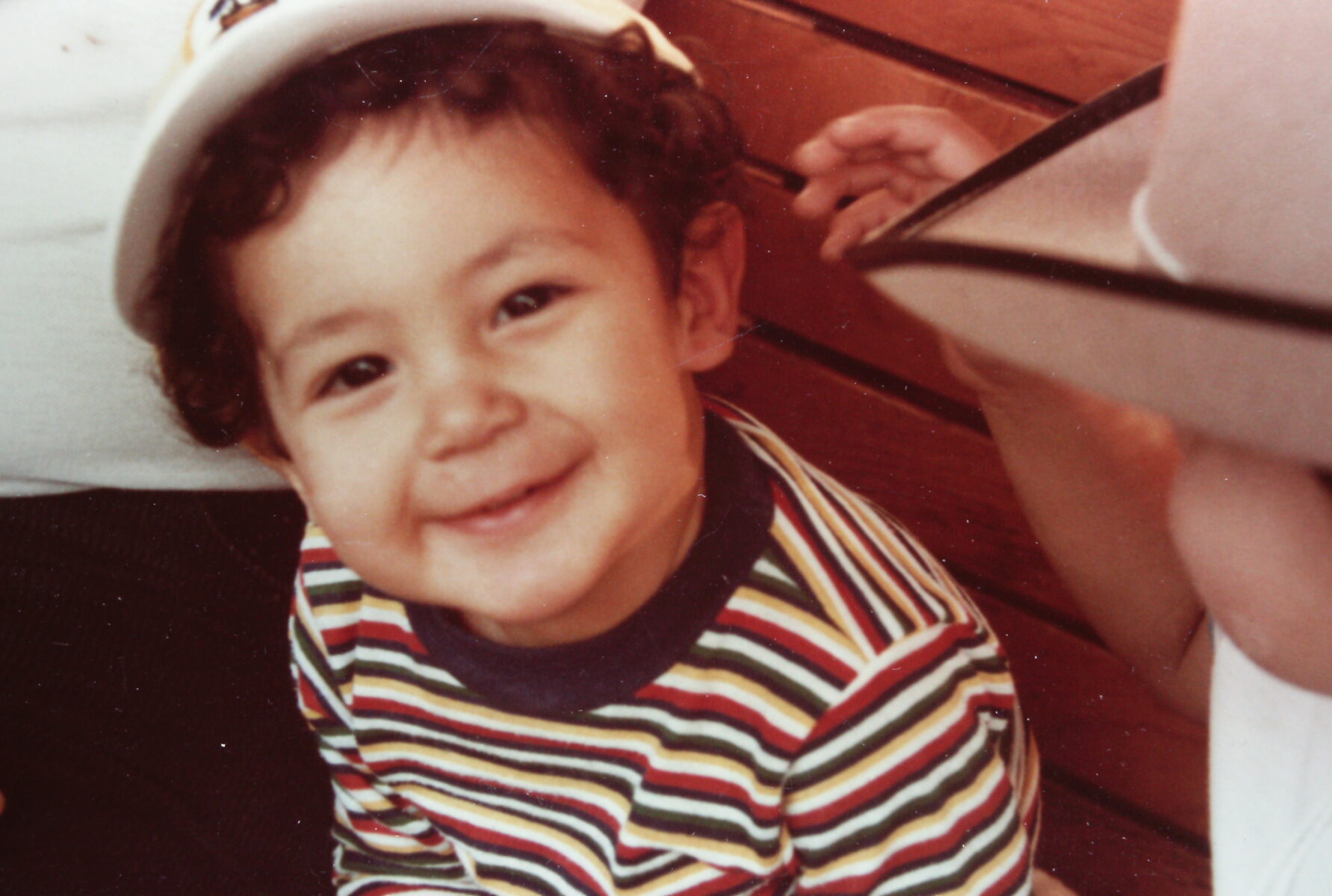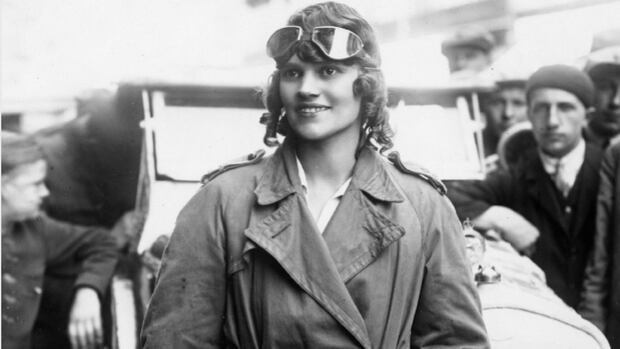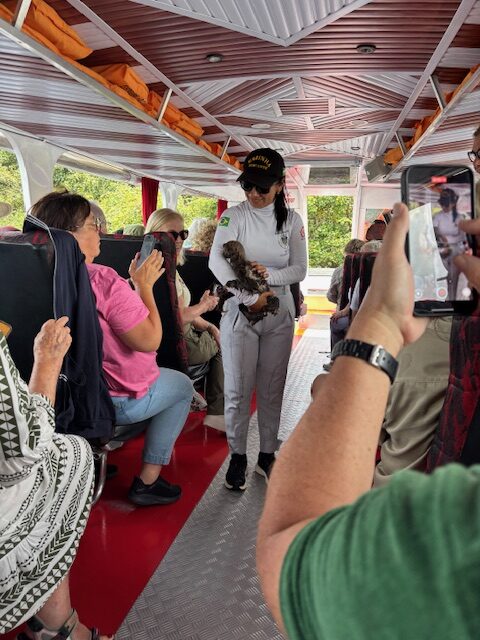As usual, I can forget I have a blog for months at a time. Like everyone else I know, I get so busy I would forget to breathe if that were possible. My last few months have been taken up with the work of getting lectures in place for a couple of months of cruise assignments. I’ve lost count now of how many I have prepared this time, but my guess is it’s over 40, and I’ve been working on it since April.
There’s a look people get sometimes on the ship and I know what they’re thinking, that they could do this job themselves. Sometimes they say something like that, or more likely they comment on what a cushy retirement gig I have, and indeed that is true. However, on the occasions when I meet someone who might be a good fit, and I sit down with him or her to think through the work that has to be done just to make a solid pitch to cruise lines, not a single one has followed through. That seems odd to me, because doing the research to talk effectively about any subject is really quite enjoyable. I love the research, and I benefit from it directly because when I go ashore, I am better informed. And there’s nothing I like more than having an audience for something I find interesting. And then, of course there’s the fabulous experience of being on a luxury cruise line, living like royalty. Win, win, win!
This time, though, I have been juggling another big piece of business, my new book, Aloha Wanderwell Takes the Wheel, coming out in May . I won’t be back and ready to work on promotion until March, so anything that could be done long in advance had to be done before I leave on this assignment.
I’m really excited about the book, my first in 10 years! People who have known me a long time are aware that I swore I would never write another book, not because I don’t love to write, but because I was so burnt out by everything else involved with publishing. Anyone who has published a book will recognize the feeling of helplessness that can take over the process once the book is sold. Then I found Sibylline Press, and my experience so far has been terrific. They’re hands on and consultative, and very affirming. I am very excited about doing my part to make this book a success. And by the way, if you’d like to learn a little more, I have a new website devoted to the book, which you can find at Alohawanderwelltakesthewheel.com
Today, on my last day here in Victoria before flying out tomorrow, I have the usual flurry of activities and last chances(for a while) to see friends. Tomorrow I will go on one of my favourite hikes in the morning to wear myself out a little before the long flight to Athens to resume this lovely other life I have. I have a lot to look forward to, and I am grateful every moment for both worlds I have the good luck and privilege to thrive in.













